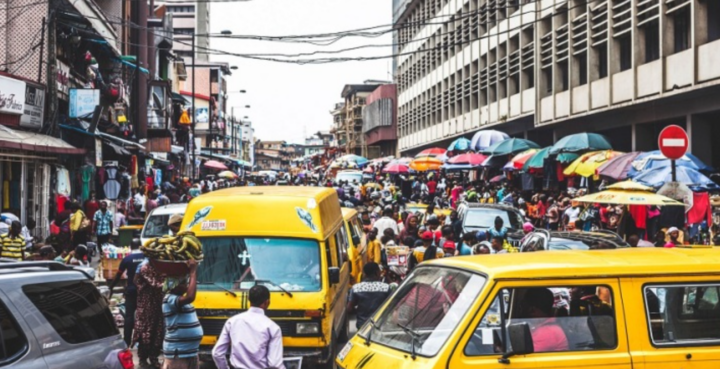The Purchasing Managers’ Index (PMI) is an invaluable economic indicator, offering crucial insights into the economic well-being of Nigeria’s manufacturing and services sectors.
In September 2023, Nigeria’s overall PMI registered at 51.1 points, surpassing the crucial 50.0-point threshold. This figure represented a notable 90 basis points (bps) increase from the previous month, which saw the PMI at a five-month low of 50.2 in August 2023.

The September uptick in PMI was accompanied by a modest rise in business activities, marking the sixth consecutive month of growth in new orders. This growth in business activity can be attributed, at least in part, to a slight uptick in demand, which followed several companies’ decisions to increase salaries. These measures were enacted in response to the dual challenges posed by the removal of the fuel subsidy and the currency devaluation. Consequently, this may have contributed to the observed increase in new orders.
It’s worth noting, however, that despite these positive developments, business activities still lagged behind the performance of the previous year. The growth observed in Nigeria’s PMI was, therefore, modest, primarily due to weak demand driven by significantly higher purchase costs. In essence, input prices surged at an unprecedented rate, leading to inflationary pressures that affected both the manufacturing and non-manufacturing sectors.
The root causes of these inflationary pressures can be traced back to the removal of the fuel subsidy and the devaluation of the national currency. These factors, in tandem with the global increase in commodity prices, compounded the challenges faced by the Nigerian economy. Moreover, the issue of insecurity, particularly in certain regions of the country, has disrupted supply chains, leading to shortages and further exacerbating the problem of rising prices.
One of the noteworthy aspects of the PMI report for September 2023 was the modest increase in employment for the fifth consecutive month. While businesses demonstrated an uptick in buying activities, the growth rate in this regard slowed to a six-month low. This might be indicative of a cautious approach taken by businesses as they navigate the uncertain economic landscape, marked by both domestic and global challenges.
The rise in employment, albeit modest, hints at a certain degree of resilience within the labor market, despite the broader economic challenges. Companies appear to be cautiously expanding their workforce, perhaps in response to the slowly improving demand conditions. This increase in employment, even if it is not occurring at a rapid pace, provides some optimism regarding the job market’s ability to withstand external pressures.
In conclusion, the September 2023 PMI report for Nigeria paints a nuanced picture of the country’s economic landscape. While the PMI shows an overall improvement, particularly in the growth of new orders and a slight increase in employment, the pace of this improvement is still considered modest. The prevailing inflationary pressures, fueled by the removal of the fuel subsidy, currency devaluation, and global commodity price hikes, continue to cast a shadow over economic stability.
Furthermore, the issue of insecurity in certain regions and its impact on supply chains underscores the multifaceted nature of the challenges facing Nigeria. Businesses must navigate these complexities and uncertainties, often opting for cautious approaches in their operations, as reflected in the slowed growth rate in buying activities.
As Nigeria seeks to strengthen and stabilize its economy, the September PMI report serves as a valuable tool for assessing the current state of affairs and for formulating strategies to address the existing challenges. The government, alongside businesses and stakeholders, will need to work collaboratively to mitigate the impact of these challenges and promote sustainable economic growth.
Support InfoStride News' Credible Journalism: Only credible journalism can guarantee a fair, accountable and transparent society, including democracy and government. It involves a lot of efforts and money. We need your support. Click here to Donate
